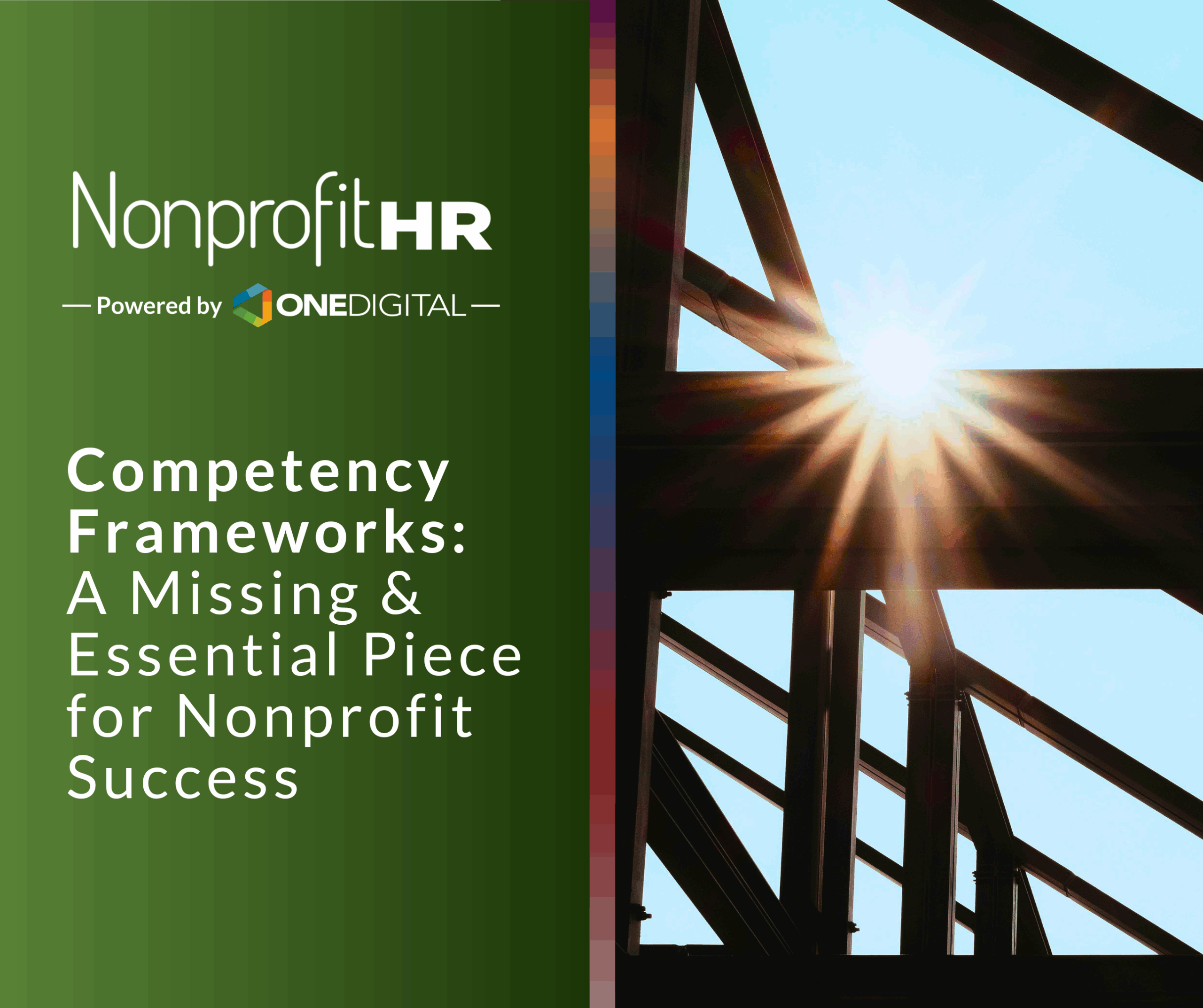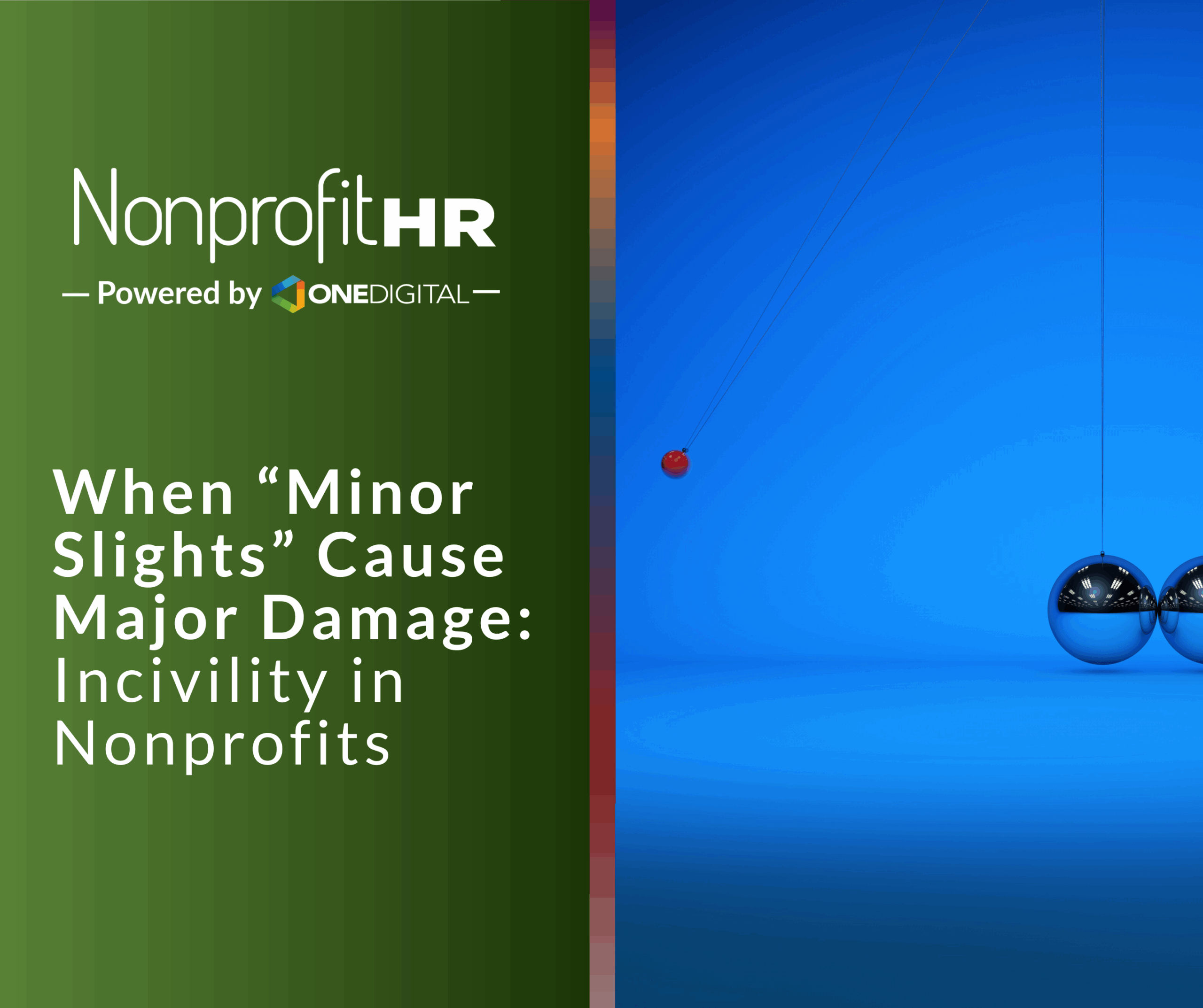WTOP: 5 ways nonprofits can…
Richard Doherty was floored by a recent report released by Taleo Research that indicates LinkedIn and Facebook have roughly the same levels of “professional” usage.
“Another interesting finding was the mix of LinkedIn and Facebook usage. For office workers I had always assumed that the use of LinkedIn for job related networking would far exceed the use of Facebook, but the research suggests otherwise. I don’t think I’m alone in making this false assumption. Many of the large enterprise companies that I meet with to discuss Talent Management strategies focus their social sourcing budgets on LinkedIn while often having little or no presence on Facebook. There are of course exceptions, for instance Dell’s presence on Facebook, but I would contend that that is the exception rather than the rule at the moment. So, if your organisation doesn’t have a Facebook presence, it might be time to start thinking about how best to change that (regardless of your industry).
Engaged employees, according to the research, are keen to leverage their networks for the benefit of their employer. This can have a huge impact on both external recruitment and internal mobility. As we all tend to network with people in similar roles, industries, companies and so on, companies should encourage employees to post relevant vacancies as status updates on LinkedIn or to their wall on Facebook. On LinkedIn, shared jobs tend to be shared again on average 15 times. Imagine the job distribution that can be achieved to relevant audiences at no cost to your business – it will transform the way you source talent.”
Other key findings of the report are:
- 20% of employees are actively looking for new jobs
- 50% of employees are open to new opportunities but not actively looking
- 45% of employees use social networks for professional purposes (and the use of social networks for professional purposes increases as age decreases)
- Only 1 in 4 employees feel that their employer is leveraging their social networks
- Employees overwhelmingly feel that their colleagues know more about their skills, experience, and career aspirations than their managers





























